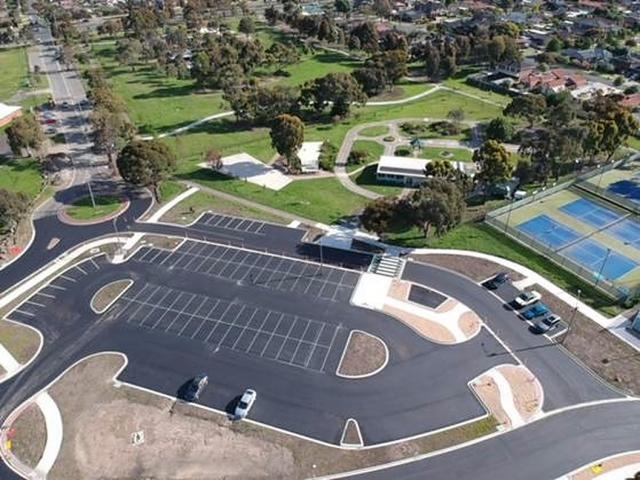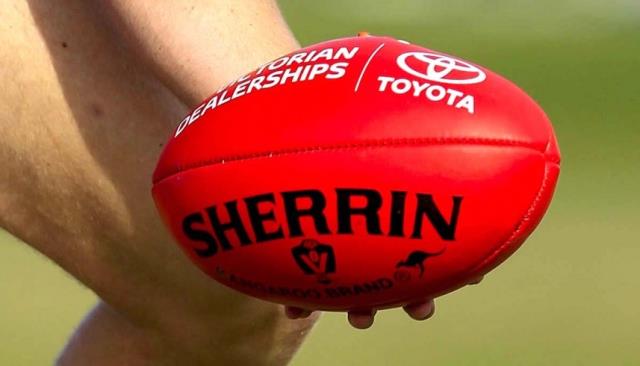Did you pay or did you get it for free? It’s the declaration those who went to university all have to make now before entering the vexed discussion of changes to university fees and the deregulation of charges. The declaration, one way or another, contextualises all the resentment or sangfroid, the anger or pragmatism about what changes in education for our country when you make a policy shift as big as this.
I got it for free. Four years and an honours degree at one of the best universities in the country, after just scraping in with a year 12 score that was right at the cut-off. Yes, I know – should have studied more and hung out with friends less. Woulda, coulda. I still think this degree gave me the foundation for pretty much everything I’ve been able to achieve in my working life since.
Free tertiary education was the bipartisan vision of this country for a very long time until Labor introduced fees (something we now know the federal Treasurer was moved to protest about in his uni days).
Menzies’ Commonwealth scholarships and Whitlam’s abolition of tertiary fees and creation of tertiary assistance reflected a recognition that the lucky country had to also get smart: that prosperity would be built on education for all.
Interestingly, despite Joe Hockey and others’ youthful protests, few would argue now against the principle that, with the personal gain achieved from higher education, those who are able to should pay something towards their tuition. It’s been interesting to observe the relatively painless repayment of HECS debts by those close to me, with all of it done before their 30th birthday. However, this government’s proposed policy shift is of a very different order, and the question remains open on whether complete deregulation and fully priced fees actually take us in the direction of the US-style college system, where parents start saving the fees from the time of their child’s birth.
This was not what Menzies or Whitlam envisaged: a market system that will logically place degrees and institutions in a hierarchy of high-quality education for those who can afford it all the way down to the less valued, cheaper end of the spectrum. The Group of Eight university group is anxiously expressing concern about wanting to be able to open their doors to the best possible students, not just the ones who can afford their degrees, but some of this is clearly positioning to ensure that they receive some government help for subsidised degrees.
The government suggests that, with deregulation, they can probably afford this themselves. Looking at the speculated fees for the top-end degrees, the government is probably right.
The other open question is on value for money. After three or four years of full tuition, shouldn’t, for example, a nurse expect to earn a bit more than the average wage of around $56,000? Some overseas students already argue that Australia is charging Harvard-level fees for some degrees without providing the Ivy League scroll: if a competitive advantage is not maintained between fee and outcome then some universities could end up pricing themselves out of the market.
Like the health system in this relatively wealthy country, we still haven’t quite worked out how to pay for an open, democratic and universal tertiary education system that is both sustainable and fair. Clearly some should and will have to pay; and surely it’s not unreasonable to expect consistent and fair funding for the basis of the system taken from the tax inputs that we all expect to pay. Maybe this is all leading towards some major tax reform to ensure funding for the future.
It’s not like we already have a sound and sensible blueprint already in place to achieve this … do we?







